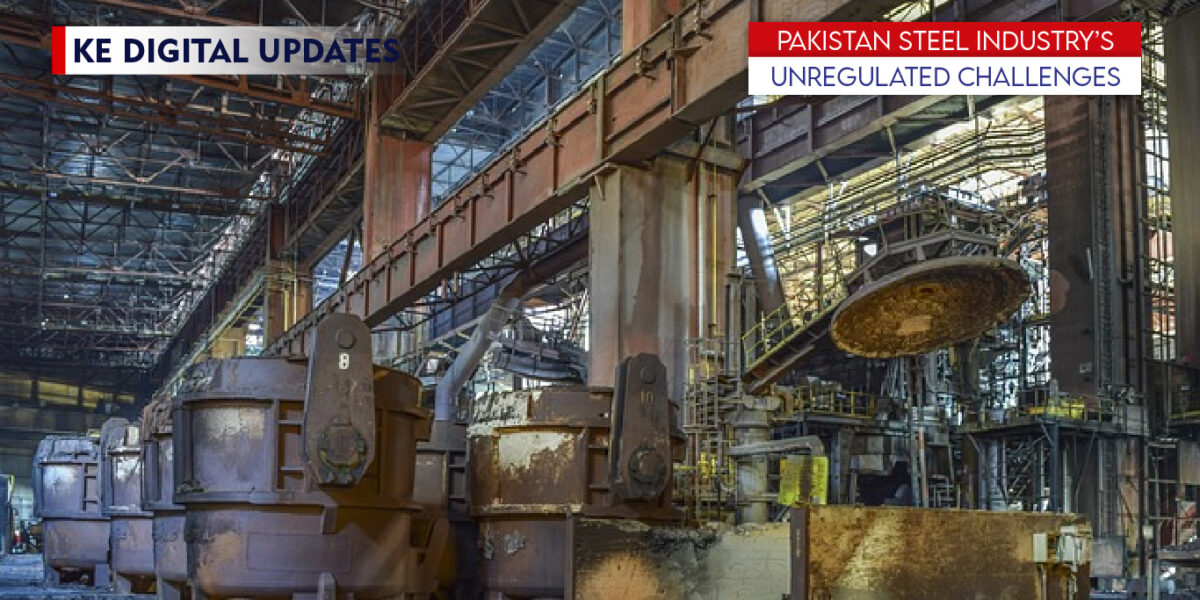Published on Nov 05, 2024
The steel industry in Pakistan is a crucial sector for the country’s economic development, providing essential materials for construction, manufacturing, and infrastructure projects. However, this industry faces significant challenges due to unregulated practices, which have far-reaching economic and sustainability implications.
Tax Evasion and Revenue Loss
One of the primary issues plaguing Pakistan’s steel industry is tax evasion, particularly concerning domestic steel scrap. The Federal Board of Revenue (FBR) has struggled to enforce an 18% sales tax on locally procured scrap. This reluctance has led to substantial revenue losses for the government, estimated at around Rs8 billion per month. The lack of proper tax collection mechanisms allows non-compliant producers to evade taxes, creating an uneven playing field.
Unfair Competition and Market Distortion
The failure to implement the sales tax uniformly has resulted in unfair competition within the industry. Tax-compliant companies that use imported scrap and pay the full 18% tax are disadvantaged compared to those using untaxed local scrap. This discrepancy enables non-compliant producers to undercut prices, making it difficult for legitimate businesses to compete. Consequently, several major steel mills have been shut down due to unsustainable losses.
Dependence on Imports
Pakistan’s steel industry relies heavily on imports to meet its production needs. Due to insufficient domestic production, the country imports a significant portion of its raw steel and semi-finished products, such as billets and slabs. This dependency on imports is exacerbated by the limited availability of high-quality domestic scrap primarily sourced from demolition sites, vehicles, and machinery. The reliance on imported materials increases production costs and exposes the industry to global market fluctuations and supply chain disruptions.
Regulatory and Policy Gaps
Regulatory and policy gaps further compound the challenges faced by Pakistan’s steel industry. Despite budgetary approvals for new tax regimes aimed at regulating the informal segment of the industry, the necessary statutory regulatory orders (SROs) have not been issued. This delay hampers the effective implementation of tax measures designed to curb evasion and boost government revenues.
Impact on the Economy
The unregulated practices within the steel industry have broader economic implications. The significant revenue losses due to tax evasion reduce the government’s ability to invest in public services and infrastructure. Closing major steel mills also leads to job losses and decreased industrial output, further straining the economy.
Conclusion
Addressing the unregulated challenges in Pakistan’s steel industry requires a concerted effort from the government and industry stakeholders. Implementing and enforcing consistent tax policies, closing regulatory gaps, and promoting fair competition are essential to creating a sustainable and competitive steel sector. By tackling these issues, Pakistan can strengthen its steel industry, boost economic growth, and ensure a more equitable market environment.


